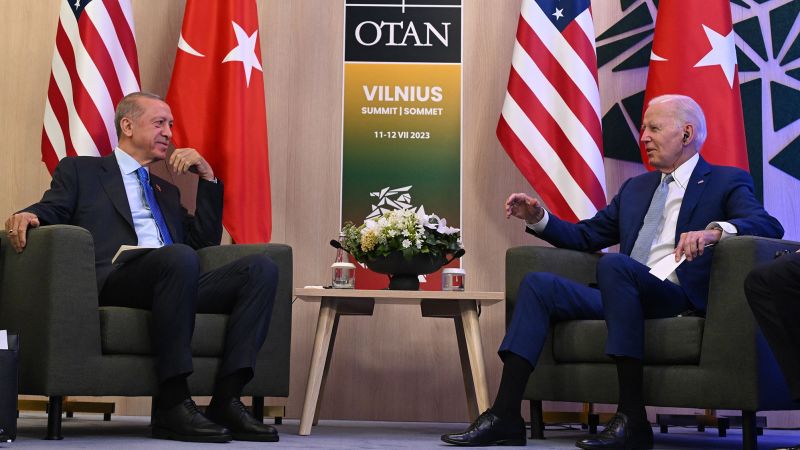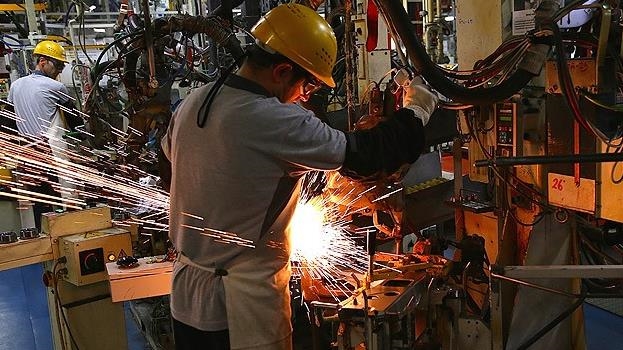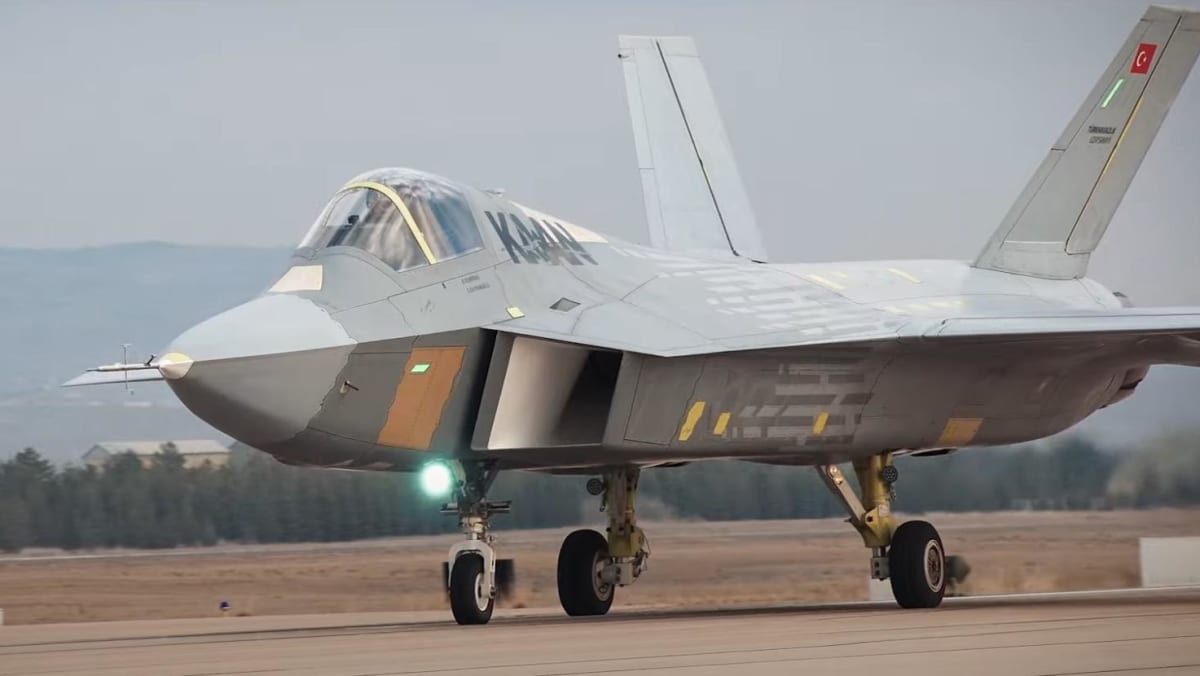Turkey eyes recalibration with the West as Russia’s isolation grows | CNN
Editor’s Note: A version of this story appears in CNN’s Meanwhile in the Middle East newsletter, a three-times-a-week look inside the region’s biggest stories. Sign up here.
CNN
—
Hope for Sweden’s imminent entry into the NATO security alliance began to fade on Monday when Turkish President Recep Tayyip Erdogan introduced a last-minute hurdle by linking his approval of the Nordic country’s bid to Turkey’s long-sought accession to the European Union.
But just hours later, he made a surprise U-turn by dropping his opposition, paving the way for NATO to expand its fortification against a belligerent Russia as Moscow fights a war in Ukraine.
The move, which won praise from the West and rebuke from Moscow, demonstrated how the Ukraine war has been a defining moment for Turkey’s role on the international stage. Erdogan has remained relevant by keeping Russia close and stressing his commitment to NATO, while extracting maximum concessions from each side. His delicate balancing act has given Turkey a unique position of being the only NATO nation whose ear Russia has.
But analysts say that in his third decade in power and final term in office, the Turkish strongman may be on a conciliatory path with the West.
“By backing Sweden’s NATO bid…Ankara is signaling a recalibration in ties with the West, which have been strained for a while now,” said Mehmet Celik, editorial coordinator for the pro-government Daily Sabah newspaper. “In a way, this is a balancing move for Turkey’s position between the West and Russia.”
The apparent about-face is already reaping rewards.
In Vilnius, Lithuania, where the NATO summit kicked off on Monday, US President Joe Biden and other NATO members touted unprecedented unity within the alliance in the face of Russia’s war, heaping praise on Erdogan for his decision.
Hours after the announcement, Washington said it intends to move forward with the transfer of F-16 fighter jets that Turkey has been demanding for years, capping months of behind-the-scenes diplomacy to get Ankara to move ahead with Sweden’s accession to NATO.
During a meeting in Vilnius on Tuesday, Erdogan called Biden a “dear friend”. He said it was “high time” for the heads of Turkey and the US “to get together for further consultations,” calling Tuesday’s meeting a “first step forward” and those prior “mere warmups.”
Erdogan is yet to visit the White House under the Biden presidency.
Rich Outzen, a nonresident senior fellow at the Atlantic Council, told CNN the F-16 deal is a “big benefit” for Turkey.
“In a larger sense, Russia’s unjustified war against Ukraine reminded the West of the importance of geography, hard military power, and alliance commitments – and thus the value of Turkey,” he said.
There had been little doubt that Turkey would ultimately accept Sweden’s bid, he added. The wildcard had been how far Erdogan’s demands would go.
“Ankara has long favored NATO expansion…under conditions that strengthen its own hand,” he said. “Having a veto right over the business of the world’s biggest security alliance – now expanding further – is a win for Ankara.”
The reaction from Russia was sharp. A Russian defense official said Turkey is turning into an “unfriendly country” after a series of “provocative” decisions.
“Such behavior could not be called anything other than a stab in the back,” Viktor Bondarev, head of the Russia’s Federation Council Committee on Defense and Security said, calling the “unfriendly step” a result of pressure from NATO.
Those “provocative” decisions, he said, include Turkey repatriating Ukrainian soldiers captured by Russia to their country despite promising Moscow not to do so until the war ends. The commanders, who had been handed to Turkey by Russia in September, were flown back with Ukrainian President Volodymyr Zelensky after his meeting with Erdogan this month. They have said that they plan to return to the battlefield.
All this comes just weeks after an attempted mutiny in Russia by Yevgeny Prigozhin, the boss of mercenary group Wagner, exposing cracks in Moscow’s military leadership and Putin’s hold on power.
Outzen says Russia’s “diminished military reputation” has been good for Turkey, adding that the mutiny may have affected the perception in Ankara of Putin as a leader in full control of the political and military elites in his country.
Since Erdogan was re-elected for another five years, there has been a change in how Turkey calibrates its balancing act, becoming more openly “pro-Ukraine”, Sinan Ulgen, a former Turkish diplomat and chairman of Istanbul-based think-tank EDAM, told CNN.
“Turkey now feels more confident and believes that it has bigger space for maneuvering given that Russia is isolated and needs Turkey as the only NATO country who has not implemented sanctions,” he added.
That calculus may be more indicative of Erdogan’s pragmatic style than a policy shift, say analysts.
“Ties with Russia are a good example. They disagree on many issues but where their interests align, they are able to move forward,” said Celik. “The West lacks that relationship with Turkey, which I think is an opportunity missed.”
“Turkey is closer to the Western axis, but the West does not want to accept an equal partnership with Turkey, which makes Ankara raise the bar to protect its interests,” he added.
Despite Erdogan’s recalibration, relations with Russia aren’t likely to suffer significantly, say analysts. Turkey, however, is likely to continue to be relevant to both Russia and the West.
“Due to proximity, power, and relations with both Kyiv and Moscow, Turkey will be a key player in conflict resolution and whatever peace deal ultimately emerges,” said Outzen.



